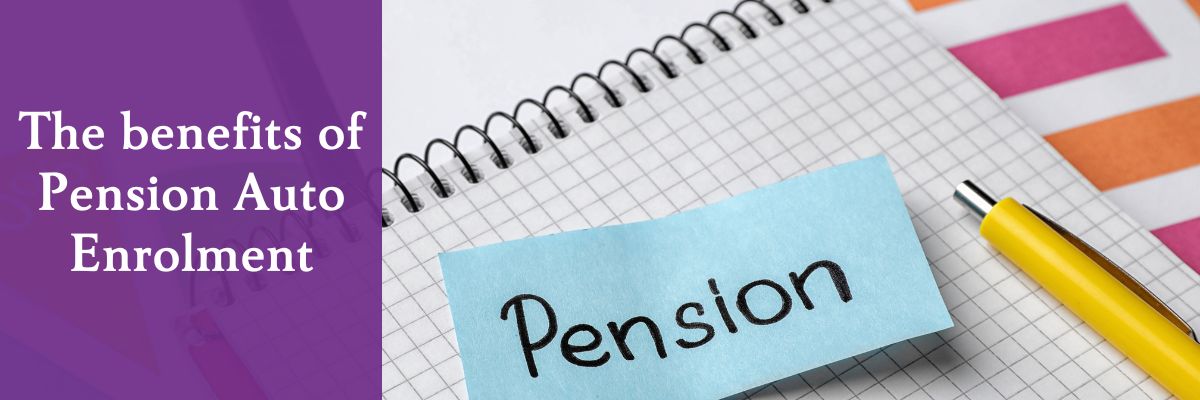Pension Auto Enrolment achieves over £114bn in savings

The introduction of the Auto Enrolment policy over 10 years ago has helped millions add to their pension pots.
In 2021, employees across the UK saved £114.6 billion into their pensions and saw more than 10.7 million employees paying into a workplace pension. After taking inflation into account, this was an increase of £32.9 billion compared to 2012 when the Auto Enrolment policy was first introduced.
The proportion of women saving into a workplace pension saw a 50% jump since 2012. And auto enrolment has benefited younger workers as well as those closer to retirement with those aged between 22 to 29 paying into a workplace pension more than doubling.
Since the introduction of the policy, it is the responsibility of employers to auto enrol their work force into a pension. Employers can either set up the pension policy themselves or they can work with a firm who can take care of this on their behalf.
The employer must set up and contribute to the pension scheme for eligible employees and provide them with information about the pension scheme and their rights. There is a minimum amount that must be contributed by the employee and the government (in the form of tax relief). As an employer, the minimum contribution is 3%, with 5% coming from the member of staff.
It is illegal for an employer to opt employees out of the pension scheme, or to influence their decision. However, should an employee wish to opt-out, they can do so after a short time, once their auto-enrolment has been certified.
Auto Enrolment has been a highly effective way of kickstarting or building pensions throughout the UK. The government are exploring how they can take Auto Enrolment further, to help more people save more and sooner by removing the lower earnings limit (currently £10,000) and reducing the eligible age to 18 (currently 22).
As an employer, it’s crucial to stay informed about the latest regulations and ensure you remain compliant.
We can offer support if you have any questions about how to set up a workplace pension for your employees. If you need help in managing these, would like to get some more information. Or if you are looking to set up a personal pension, please get in touch, we’re here to help.


